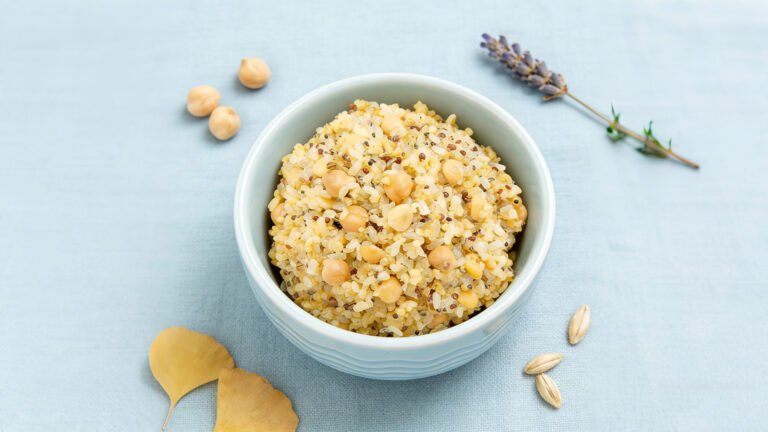
Contact Us through info@lovekonjac.com

While a vegan diet might not cure diabetes, it can offer some real benefits for managing the condition. It may help you control your weight, lower your risk of diabetes-related health issues, and make your body more responsive to insulin. However, the benefits largely depend on the types of foods you choose.
Not all vegan foods are created equal when it comes to managing diabetes. For instance, even a plant-based diet can be problematic if it’s high in simple carbohydrates. Foods like white bread, white rice, pasta, and potatoes can cause spikes in blood sugar. On the other hand, focusing on whole grains, vegetables, and legumes can help keep blood sugar levels more stable.

A vegan diet is one that excludes all animal products, including meat, dairy, and eggs, focusing instead on plant-based foods. While a vegan diet can be highly nutritious, it’s important to distinguish between simply being vegan and following a healthy vegan diet. A healthy vegan diet emphasizes whole, minimally processed foods, such as vegetables, fruits, whole grains, legumes, nuts, and seeds. These foods are high in fiber, low in saturated fats, and rich in essential nutrients, which can support overall health and help manage blood sugar levels effectively.
However, not all vegan foods are suitable for diabetics. Highly processed vegan foods, such as refined grains, sugary snacks, and certain meat substitutes, can be high in added sugars, unhealthy fats, and refined carbohydrates. These foods can cause rapid spikes in blood sugar levels, making them less suitable for individuals with diabetes. Choosing whole, unprocessed foods and paying attention to the glycemic index of foods are key strategies for maintaining a healthy vegan diet that supports blood sugar management.
A well-planned vegan diet offers numerous health benefits, particularly for those managing diabetes. Here are some of the key advantages:

For diabetics adopting a vegan diet, careful planning is essential to effectively manage blood sugar levels. Here are some key strategies:
1. Choose Low Glycemic Index Foods: Opt for low-GI foods such as whole grains, legumes, and most vegetables to avoid significant blood sugar spikes. Additionally, consider incorporating low-GI products like konjac noodles (shirataki noodles) into your meals. These noodles are low in carbohydrates, contain zero sugar and zero fat, and can be a beneficial part of a balanced diet aimed at better blood sugar control.
2.Avoid Highly Processed Vegan Foods: Even on a vegan diet, processed foods like white bread, sugary snacks, and some vegan meat substitutes can cause blood sugar spikes. These often contain added sugars and refined carbs. Instead, focus on whole, unprocessed foods to better manage blood sugar levels.
3.Ensure Adequate Protein Intake: To maintain balanced blood sugar levels and support overall health, include adequate plant-based protein sources like beans, nuts, seeds, and certain whole grains.
By following these guidelines, diabetics can successfully incorporate a vegan diet while managing their blood sugar levels effectively.
A vegan diet can be a powerful tool in managing diabetes, offering benefits such as improved blood sugar control, weight management, and reduced intake of unhealthy fats. However, it requires careful planning to ensure that all nutritional needs are met, particularly for those managing diabetes. By focusing on a variety of plant-based foods, diabetics can create a balanced, nutritious diet that supports their health and well-being.